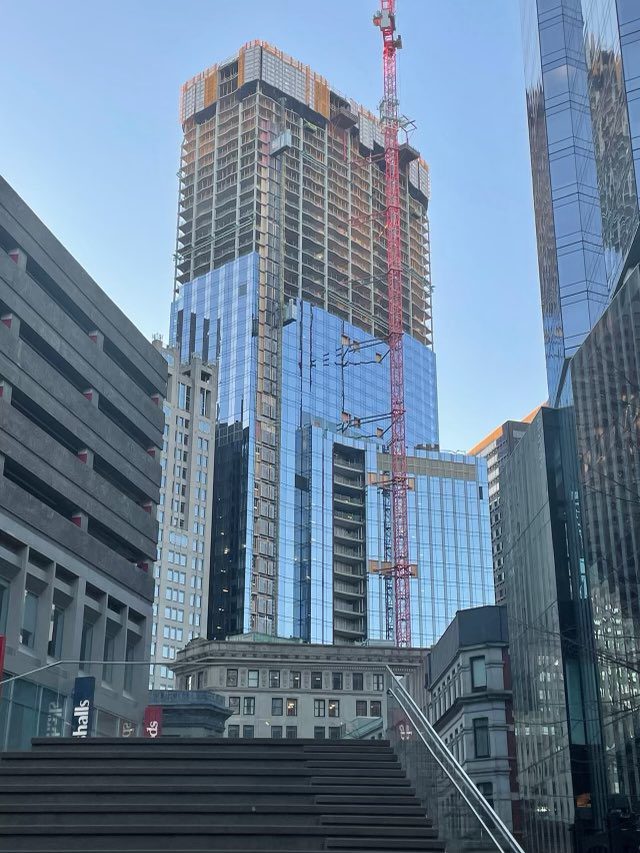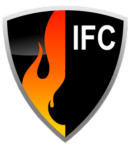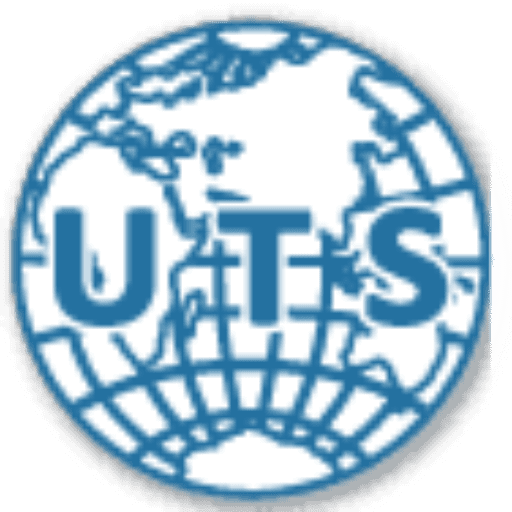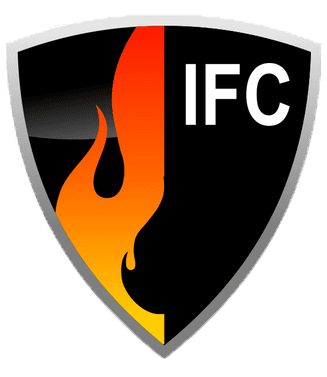Call us for quality, affordable, expert-level
construction project testing.
Accurate and reliable test results
Construction projects large and small require precise planning, careful design, and rigorous execution. Rigid specifications, demanding schedules, and exacting budgets must be met. Accurate and reliable test results require proper quality control and are absolute necessities in order to protect the interests of all stakeholders in the project, including owners, banks, construction companies, insurance companies, and the testers themselves.

From commercial and industrial properties
to government public works
Construction testing on any project—from commercial and industrial properties to government public works projects—may require services on a continuous or intermittent basis. Some testing companies bring mobile facilities and laboratory equipment to the job site; in other cases materials are brought to the lab for testing. The process includes not only inspection but tests covering a wide range of evaluation, examination and stress tolerance measurement on a significant number of different types of materials used in the construction process.
An elite testing organization
The services provided by an elite testing organization like UTS of Massachusetts help to ensure compliance with building codes and specifications published by all the leading associations and agencies that “set the bar” for quality construction practices. These include:
- Foundation construction observations/inspections
- Soil compaction testing and inspection
- Concrete batch plant inspection
- Concrete strength testing, concrete mix designs, and in-place strength investigations
- Inspection of concrete placement and concrete curing
- Post-tensioning and reinforcing steel inspection
- Asphalt batch plant and pavement construction inspection
- Complete laboratory testing of soil, concrete, asphalt and other construction materials
- Field inspection and quality control of masonry construction
- Mortar, grout, block and brick testing
- Fireproofing testing
- Steel fabrication inspection and erection and fastener inspection
- Weld inspection and testing
- Nondestructive examination (NDE)
- Plant inspection for pre-manufactured products
- Curtain wall and waterproofing inspection and testing


UTS Adds Certified Firestop Inspection
UTS is pleased to announce we now have an IFC-certified inspector in our employ to serve the firestop inspection needs of our customers. IFC-certified inspectors must satisfactorily complete a rigorous 40-to-60-hour study and recommended-reading program, then proceed with an online examination which is proctored (overseen by an instructor). Let us help address all your firestop inspection needs.
Why Is Testing Important?
The materials involved in construction projects encompass a wide range of structures and consistencies, from soil and underground foundational elements to concrete to steel and masonry–even advanced composite materials. With such a diverse range of material contributing to the overall success of the project, and equally diverse range of testing techniques need to be applied to ensure that, in each area, the materials measure up to or exceed the project specifications.
The stakes can be high; a poorly tested project that fails in some area can cost both construction companies and the owners behind the project vast sums in legal exposure and corrective measures. As the saying goes, “an ounce of prevention is worth a pound of cure,” and while even comprehensive testing cannot rule out material failure under certain circumstations, knowledgeable project managers know that thorough, rigorous and reliable materials testing is an essential element of any project.
That’s what UTS of Massachusetts brings to the table: a comprehensive knowledge and understanding of testing methodologies that apply to a wide range of construction materials and practices, built over 45 years of practice in the industry and designed to give project owners and construction companies alike the confidence that their projects will truly measure up over time.
Considering a construction project?
If your project includes concrete and/or asphalt, you owe it to yourself to evaluate construction inspection and testing services to ensure you’re getting a quality product. Our testing laboratory is equipped with high-grade test equipment for determining fracture levels in concrete and composite percentages in asphalt (the size of the particles used in preparing the asphalt, which can contribute to its reliability over time). We also perform a wide variety of testing and inspection services for other construction materials and processes.
Resources For Additional Information






Very professional and skilled civil engineer technicians, particularly the Geotech Department
Scott Smillie






